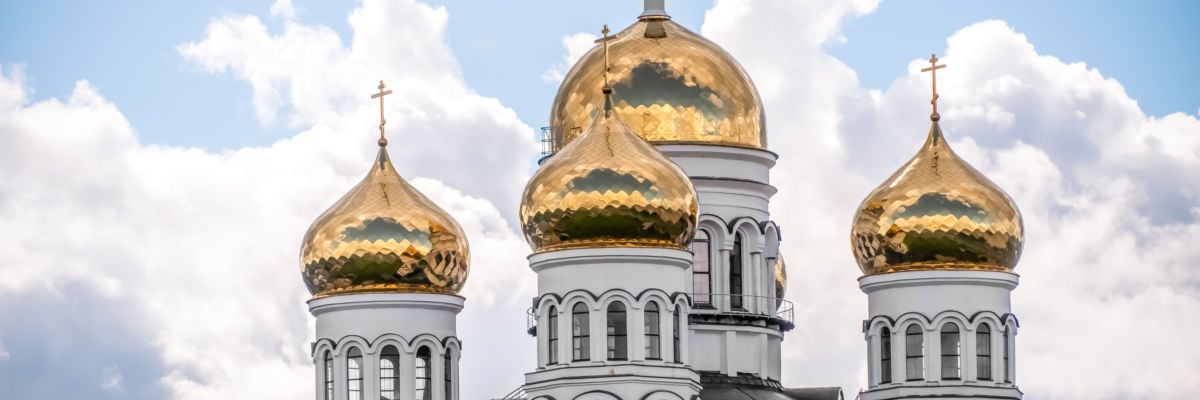
Michael Lofton shares his thoughts on choosing between Catholicism and Eastern Orthodoxy. He wrestled with this decision himself because he has been on both sides of the discussion. This clip was taken from the daily Catholic apologetics call-in show called Catholic Answers Live.
Transcript:
Yeah, this is certainly one dear to my heart because this is one that I’ve had to experientially live and ask myself for many, many years since I’ve been both. Number one: sacred scripture, Jesus wills it. Number two: a huge thing for me historically is the fact that the Eastern churches on multiple occasions have accepted the Catholic version of the papacy.
For instance, the formula of Hormisdas. To put a long story short, to squelch a heresy that was going on in the East, Pope Hormisdas required a great deal of Eastern bishops – in fact, over 250 of them – to sign off on a document that asserts the papal claims that we affirm as Catholics, that is the papal infallibility, people, supremacy, things like that.
It asserts the papal claims and the Eastern bishops signed off on it to return to communion with Rome. So here you have an instance of numerous Eastern bishops signing off on the papal claims, and that’s not a fluke. There are other instances where in the ecumenical councils themselves, the councils that we both as Catholics and Eastern Orthodox, accept the first seven ecumenical councils.
In some of those councils, there are the papal claims being openly proclaimed as Eastern Orthodox priest, Fr. Alexander Schmemann would concur and note they’re being openly proclaimed at the councils, and yet the fathers of the councils accepted them. And again, these are mostly Eastern fathers. And so I would say over and over and over you have this acceptance among the Eastern fathers, including at some of the councils, of the papal claims.
And then number three, I would note that the Western Church was teaching by the end of the sixth century, a unanimous teaching of the Filioque. That is the teaching that the Holy Spirit proceeds from the Father and the Son. This was being taught universally in the Western church, and the eastern churches were in communion with these Western fathers.
Not only that, the ecumenical councils that were assembled at this time never rebuked these Western fathers for the Filioque. And yet, the Eastern Orthodox have on several occasions condemned it as heresy. So I think they’ve kind of boxed themselves into a corner where either it means they were in communion with heretics or they were wrong for calling it heresy.
So I think it’s internally incoherent – that is Eastern orthodoxy.



